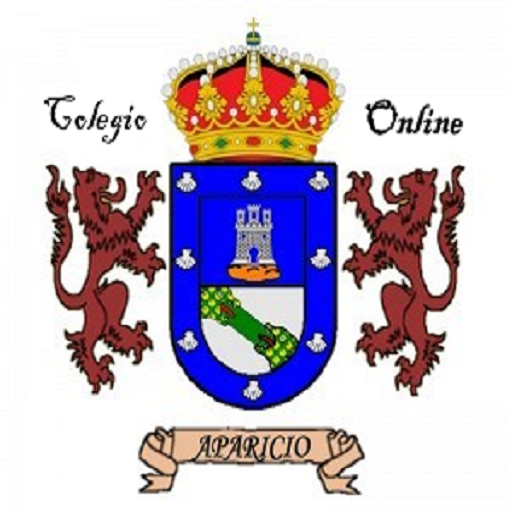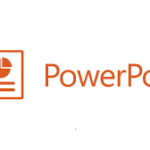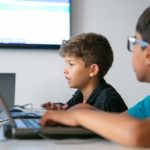News & Events
STORY / HISTORIA
Here you will find all the news regarding these topics
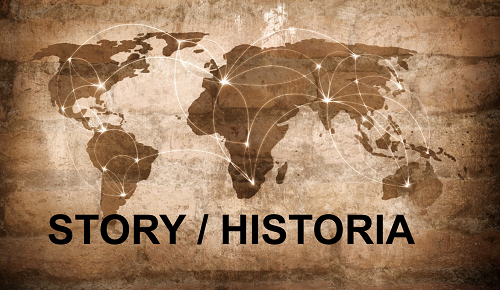
History of the Spanish language and vulgar Latin
The Spanish language originated in the southwestern region of Europe known as the Iberian Peninsula. Sometime in the late 6th century BC, the region’s first inhabitants, the Iberians, began to mix with the Celts, nomadic peoples of central Europe. The two groups formed a people called Celtiberians, speaking a form of Celtic.
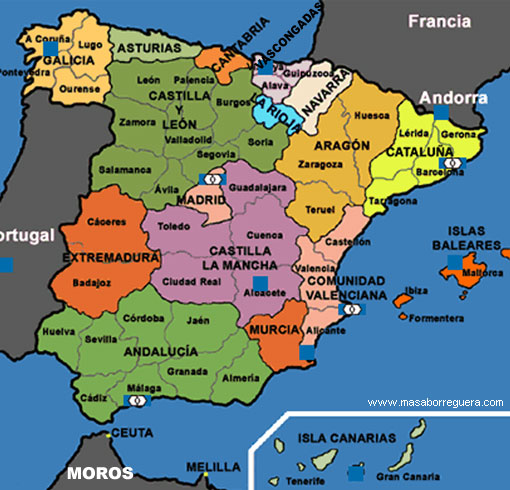
Under the rule of the Roman Empire, in 19 BC, the region became known as Hispania, and its inhabitants learned Latin from Roman merchants, colonizers, administrators, and soldiers. When the classical Latin of the educated classes of Rome mixed with the pre-Roman languages of the Iberians, Celts and Carthaginians, a language called Vulgar Latin appeared. He followed the basic models of Latin but took and added words from other languages.
Even after the Visigoths, Germanic tribes from eastern Europe, invaded Hispania in the 5th century AD, Latin continued to be the official language of government and culture until approximately 719 AD, when Arabic-speaking Islamic groups from North Africa, called the Moors, they completed their conquest of the region. Arabic and a related dialect called Mozarabic were widely spoken in Islamic Spain, except in a few distant Christian kingdoms in the north, such as Asturias, where Vulgar Latin survived.
During the following centuries, the Christian kingdoms gradually reconquered Spain from the Moors and retaken the country linguistically, politically, militarily and culturally. As the Christians moved south, their Vulgar Latin dialects became dominant. In particular, Castilian, a dialect that originated in the northern plains, was carried over to the southern and eastern regions.

Online, Virtual, Distance and Remote Teaching of Emergency Event,
What are its peculiarities and discrepancies?
Although they are sometimes used as synonyms, it is significant to be aware of the differences between online, virtual, distance education and remote education for events or emergencies events
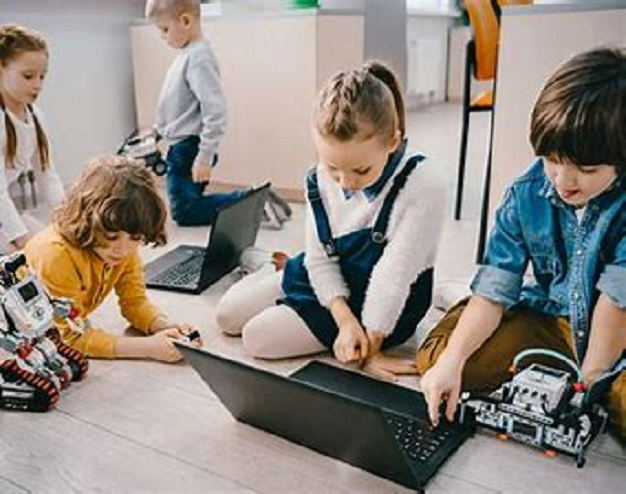
The general perplexity in which the world finds itself today has forced us to make fundamental changes in various sectors of our nation. One of them is education, which was subjected to rebuilding itself overnight in a state of global emergency.
Different methods applied to classes have been verified, such as online education, virtual education, distance education, and remote event education, to name a few. But do differences exist between them?

I discovered that virtual education and online education are two different types of teaching, but we could easily reconsider that they are similar. It is important to inform us about your discrepancies, discover what type of education we are carrying out or currently the one that we currently receive, and especially what type of education our children or relatives receive and discover their advantages and disadvantages to rescue the best of each one.
Online education
It is defined as one where teachers and students participate and interact in a digital environment, through technological resources making use of the facilities provided by the internet and processor networks synchronously, that is, they must coincide with their schedules for the session. This method usually has the social dimension as an area of opportunity, since the teacher may have to make an extra effort to achieve a group union, since they will have to reach a climate of freedom and trust among the students to achieve their goals. pedagogical.
For online education we can take as an example the classes that are taught through Zoom sessions, and later the activities are uploaded to platforms such as Moodle, Canvas or Blackboard for review.

Teacher’s role: Teachers who participate in online education are often called “tutors”, because unlike in a physical classroom, their role within the virtual classroom is to accompany and assist the student in their learning process.
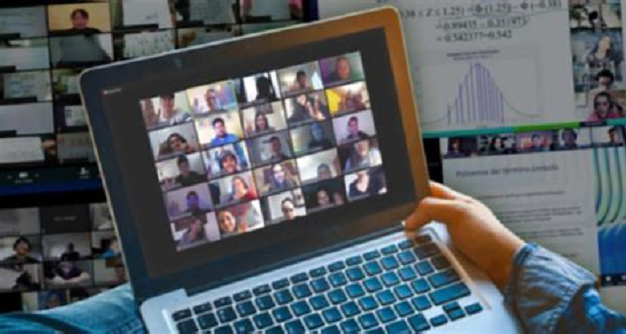
Tools: Schoology, Edmodo, Blackboard, Zoom, Google Hangouts and Google Scholar, Google classroom, google meeting, etc.

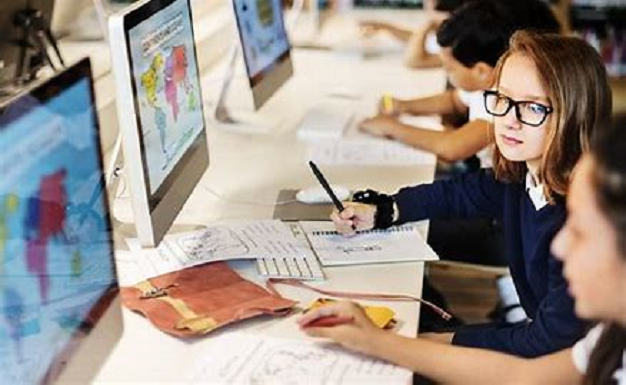
Advantage
• Openness: Access to information is expanded at the same time that this method reduces geographical barriers, since anyone, regardless of their location, can join the courses.
• Flexibility: It favors self-management of dedication times.
• Efficacy: This method promotes the development of personal autonomy, so that the student can manage himself.
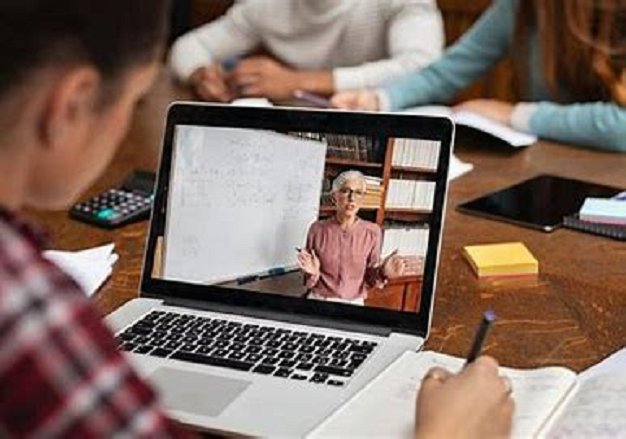
• Personalized accompaniment: Online education is distinguished by providing personalized accompaniment to the student, even with group work.
• Economy: Costs for the use of physical spaces are reduced, as well as transfers.
• Community: More debate and dialogue begin, as well as a community linked to academic knowledge.
Virtual education
This model requires mandatory technological resources, such as a computer or tablet, an internet connection and the use of a multimedia platform. This method, unlike online education, works asynchronously, that is, teachers do not have to coincide in times with students for sessions. This method is similar to distance education, but strictly with technological resources only. Course materials or documents will be uploaded to the chosen platform so that students can review them, and doubts are usually discussed in public forums for the entire group.

Teacher’s role: Consultation and work materials are shared through platforms, where students can upload their activities for review and later receive feedback to see their areas of opportunity.
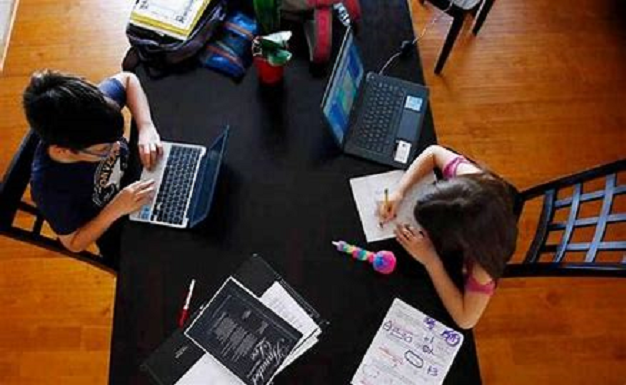
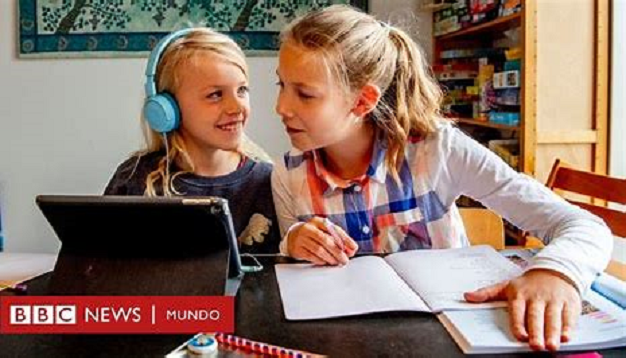
Tools: Platforms such as Moodle, Dropbox, Canvas, Edmodo, Schoology, Blackboard, or by email.
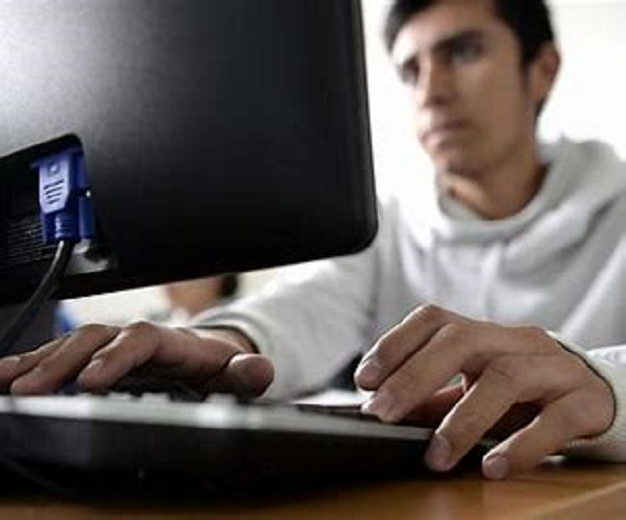

Advantage
• Flexible: Thanks to the fact that the method can be developed asynchronously, students have more personal space to have elastic schedules and develop their personal and professional time as they prefer.
• Efficacy: It operates in a session-feedback manner, so this helps the topics to progress quickly, avoid diversions and the students go at the same pace.
Long distance education
In contrast to virtual education, distance education can have a percentage of face-to-face and another virtual, however, this may vary depending on the institution where it is taught.
Students have control over the time, space and pace of their educational learning, because no internet connection or computational resources are required, as in other methods. The materials used are normally physical, such as notebooks, pens, colours, or USB sticks, CDs, among others. Many programs even send educational materials and lessons by email or post.
As for example we can see from this modality at present it is distance education through open television channels that has been applied by the Ministry of Public Education in some countries, and also in other cases it can be supported with the radio.
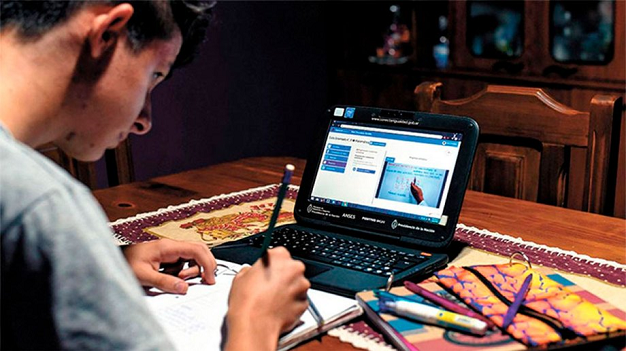
Teacher role: When learning resources such as activities, USB, or CD are delivered, teachers have the responsibility of qualifying and accrediting them, as well as giving feedback as if they were in a face-to-face class. This can be by email or text message. Similarly, some teachers have the role of recording the session or class that is going to be shown on television or radio.
Tools: Television, radio, email, postal mail, physical resources such as notebooks, books, notebooks, pencils, etc.

Advantage
• Flexibility: The same students manage their time and school and personal organization
• Accessibility: Distance education programs have more reach and reach people of all socioeconomic levels thanks to the simplicity of the technological resources required for the classes.

Remote event or emergency education
This concept was born as a result of the global crisis in March of this year, November 17, 2019 thanks to COVID-19. Education was faced with a situation of extreme difficulty since it had to adapt its educational methods to continue with the classes in a very short period of time in order to continue teaching classes to all its students. The main objective of this type of education is to transfer the courses that had been taught in person to a remote, virtual, distance or online classroom.
As urgent event teaching to continue with the courses and not cut them “Remote teaching of events”, it is described that different countries as well as institutions responded differently to educational change, and how this term of remote education of world events and emergency is completely again, as the roles and tools are not defined.
For example, in some countries, such as the United States, some educational institutions are working in person with restrictions, and others, such as the United Kingdom or Spain, with the method described above as “online”. So it depends on how the country or the institution has decided to handle the crisis is how its type of remote education of emergency event would be defined.
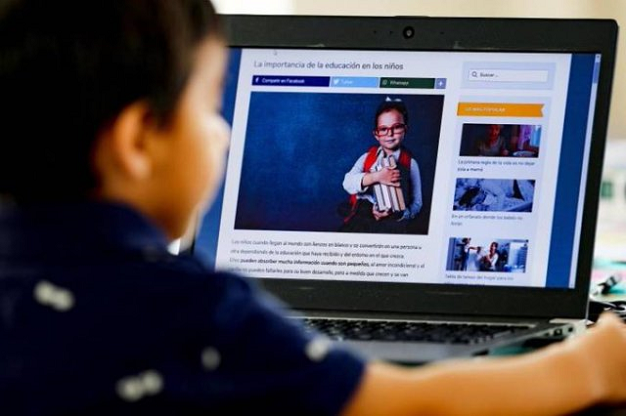
Teacher’s Role: May vary depending on the method used.
Tools: Varies depending on the method.
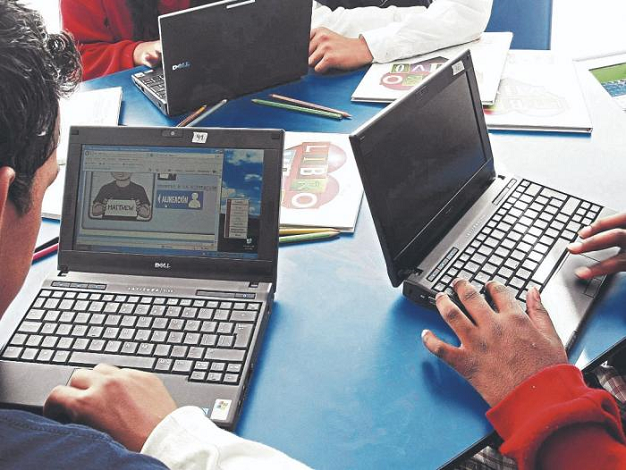
Advantage
• This technique prioritizes the emergency event situation and looks out for the welfare of its students.
• This new trajectory brings together all the actions coming from governments, companies, non-governmental organizations and individuals to find resources and keep constantly updated, so it can change suddenly if the situation of the emergency event changes.
The world is in a restoration stage where any type of learning is welcome, that is why topics like these are relevant to all people, because they will affect the future of current generations.
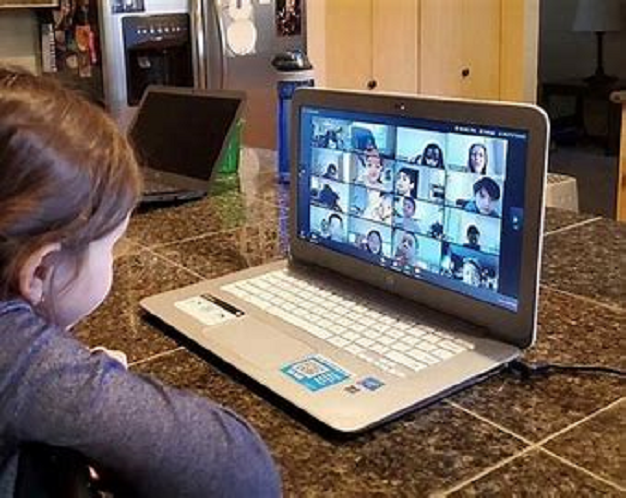
Distance education has become very relevant and new technologies have become our right hand in the process, and they have come to stay as they help us stay connected without having physical interactions.
This new stage for education will be remembered for future generations, that is why it is important to be aware of the decisions we make and how we will face the challenges that arise in the future.

This work is licensed under a Creative Commons Attribution 4.0 International License.
